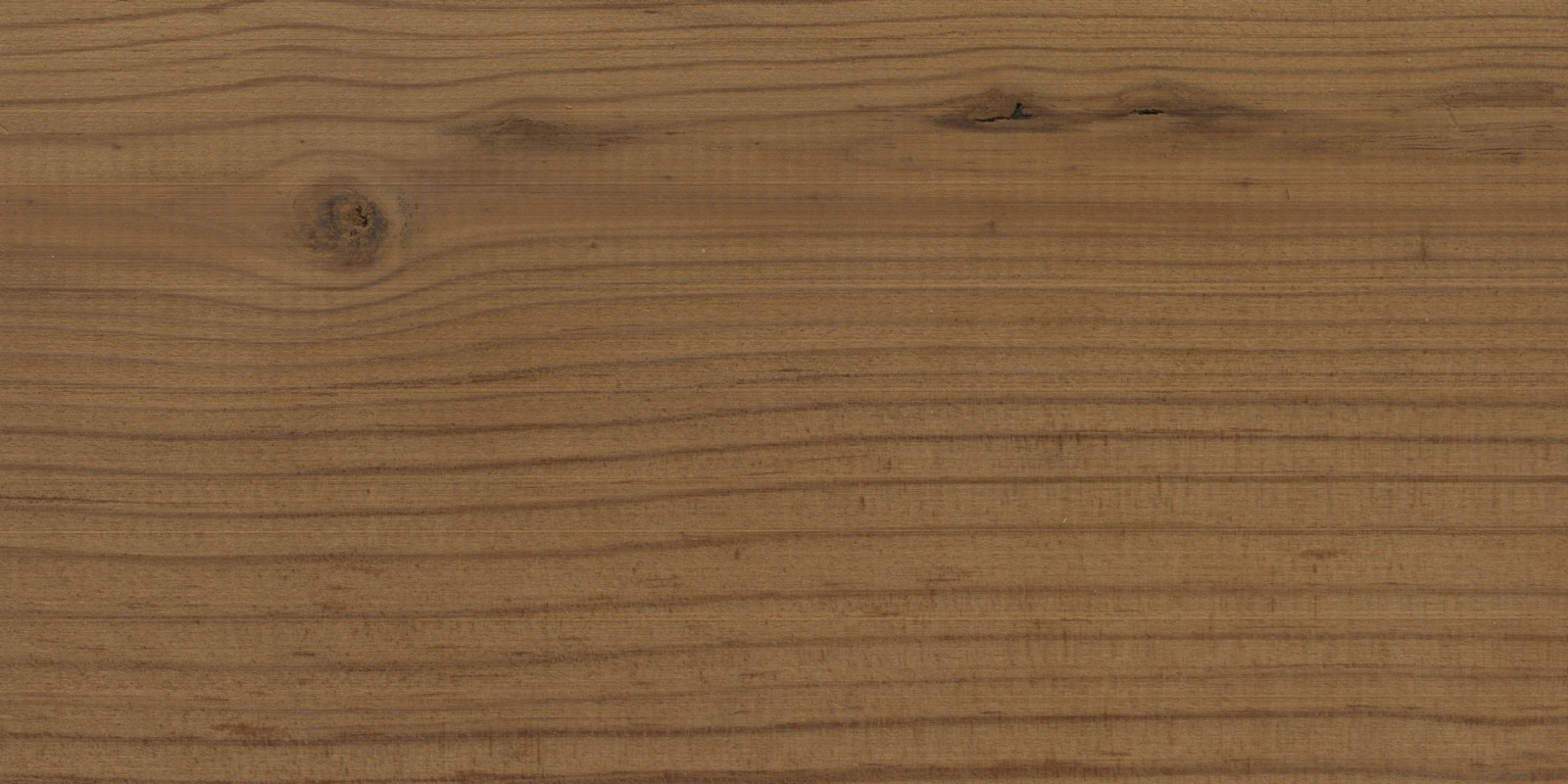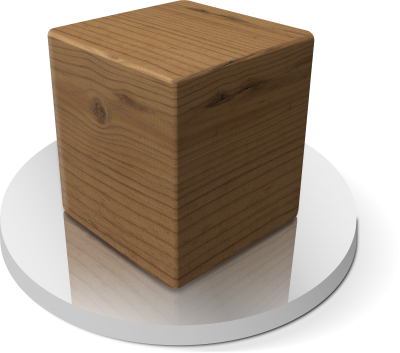Menu
 0
/5
0
/5
ThermoWood is manufactured using high temperatures ranging between 190°C/374°F and 212°C/414°F in a steam environment, this thermally modifies the wood and changes its structure.
ThermoWood has a strict quality control in place through its processing, it is certified with KOMO quality certification and is also produced within the ISO 9001 quality system. During the process no chemicals are added so ThermoWood only contains substances found in natural wood. Newly treated ThermoWood when exposed to rain will leak small amounts of compounds but due to its all natural processing no chemical leaching will occur, also the resin from the wood is removed during the steaming process and so the problem of resin leakage is eliminated.
ThermoWood has a much lower thermal conductivity this is because of the process used to produce the wood, in most cases the energy required for the process is produced by burning waste wood products such as bark. The main usage of the energy needed for the process is drying the ThermoWood which accounts for 80% of the heat energy used. The amount of electricity used in the production of this product is the same amount used in normal kiln drying of sawn timber.
The treatment process used to create ThermoWood is patented and the trademark is owned by the International ThermoWood Association. The technical specifications of ThermoWood are defined in the CEN/TS15679 2008 Thermal Modified Timber, definitions and characteristics.
ThermoWood has many applications and is generally used for demanding environments such as products effected by changing climatic conditions such as exterior cladding, windows, garden products and fascia boards. It can also be used for interior products such as saunas, furniture, flooring and interior panels.
| Sizes | 100mm | 125mm | 150mm | 175mm | 200mm | 250mm |
|---|---|---|---|---|---|---|
| 25mm | • | • | • | • | • | • |
| 32mm | • | • | • | • | • | |
| 38mm | • | • | • | • | • | |
| 50mm | • | • | • |

